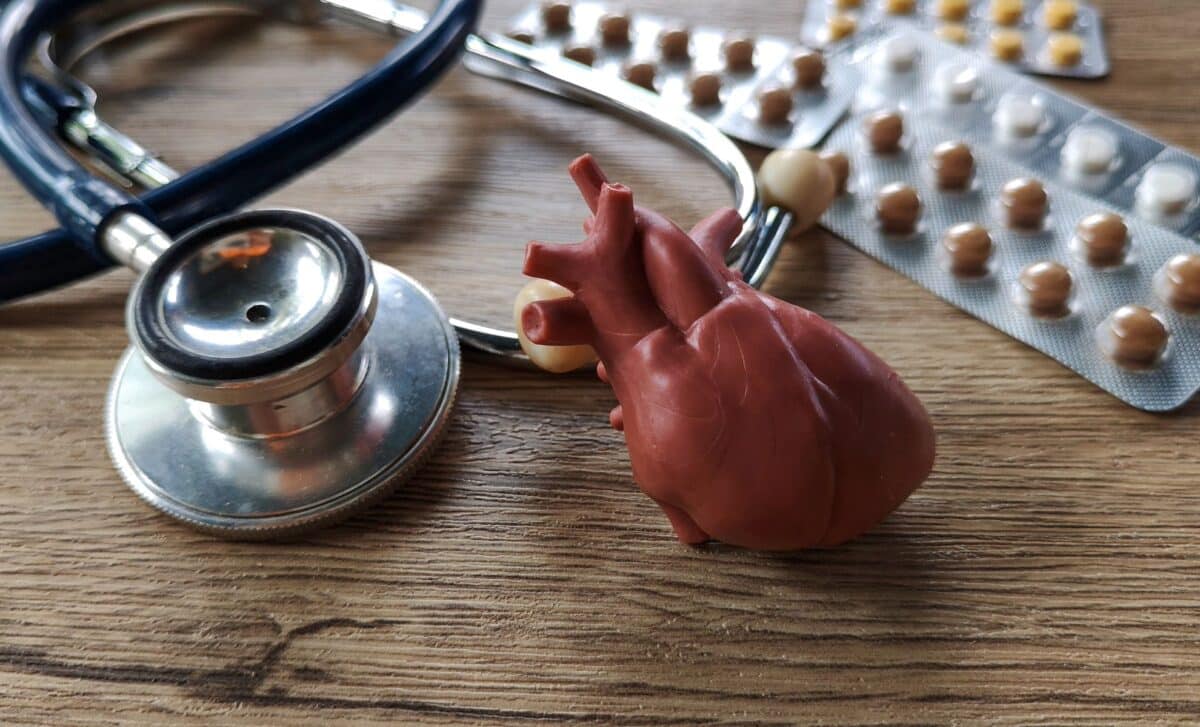A research team developing a potentially life-saving heart device for infants has had its funding abruptly revoked by the Trump administration, raising concerns within the medical and scientific communities.
The Department of Defense issued a stop-work order on a $6.7 million grant intended to support continued development of PediaFlow, a miniature heart pump designed for babies with congenital defects.
This decision comes amid a broader pattern of budget cuts affecting child health initiatives. It follows the closure of the Safe to Sleep campaign office, which previously contributed to a 50% reduction in infant mortality since the 1990s, according to NPR.
The juxtaposition of these cuts with political messaging supporting families has drawn scrutiny from paediatric and research professionals alike.
Halted funding endangers long-term research on infant heart support
According to NBC News, the suspended project—led by Dr James Antaki, professor of biomedical engineering at Cornell University—was aimed at refining PediaFlow, a heart device no larger than an AA battery.
The device is designed to sustain infants born with a ventricular septal defect, a condition that leaves a hole between the heart’s chambers and can be fatal if untreated. The grant, initially approved for four years, was formally withdrawn just one month later at what was described as “the direction of the Administration.”
Dr Antaki, whose research spans three decades, stated that unless alternative funding is secured within three months, his laboratory will have to lay off key personnel and several doctoral students will be forced to abandon their research.
The funding amount, while relatively small in the context of federal expenditures, held substantial promise in improving surgical outcomes and survival rates for vulnerable newborns.
Paediatric cardiologists warn of setbacks in child-specific medical innovation
Independent experts have described the funding withdrawal as a major blow to child health research. Dr Evan Zahn, a paediatric cardiologist at Cedars-Sinai Medical Center, stated that paediatric technology is already underfunded and underdeveloped.
“Technology specifically designed for our children, particularly babies across the board, is desperately needed, so losing funding for something like that is a real loss,” he said.
According to Zahn, tools such as PediaFlow address a critical gap between diagnosis and surgical intervention or transplant availability. The sudden halt of this project illustrates broader systemic issues in research funding for paediatric populations, where the market is smaller and incentives for private investment remain low.
While the Trump administration has promoted family-centric policies—recently proposing a £5,000 “baby bonus” and a “National Medal of Motherhood”—its fiscal choices in healthcare appear misaligned with those goals.









